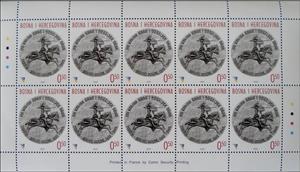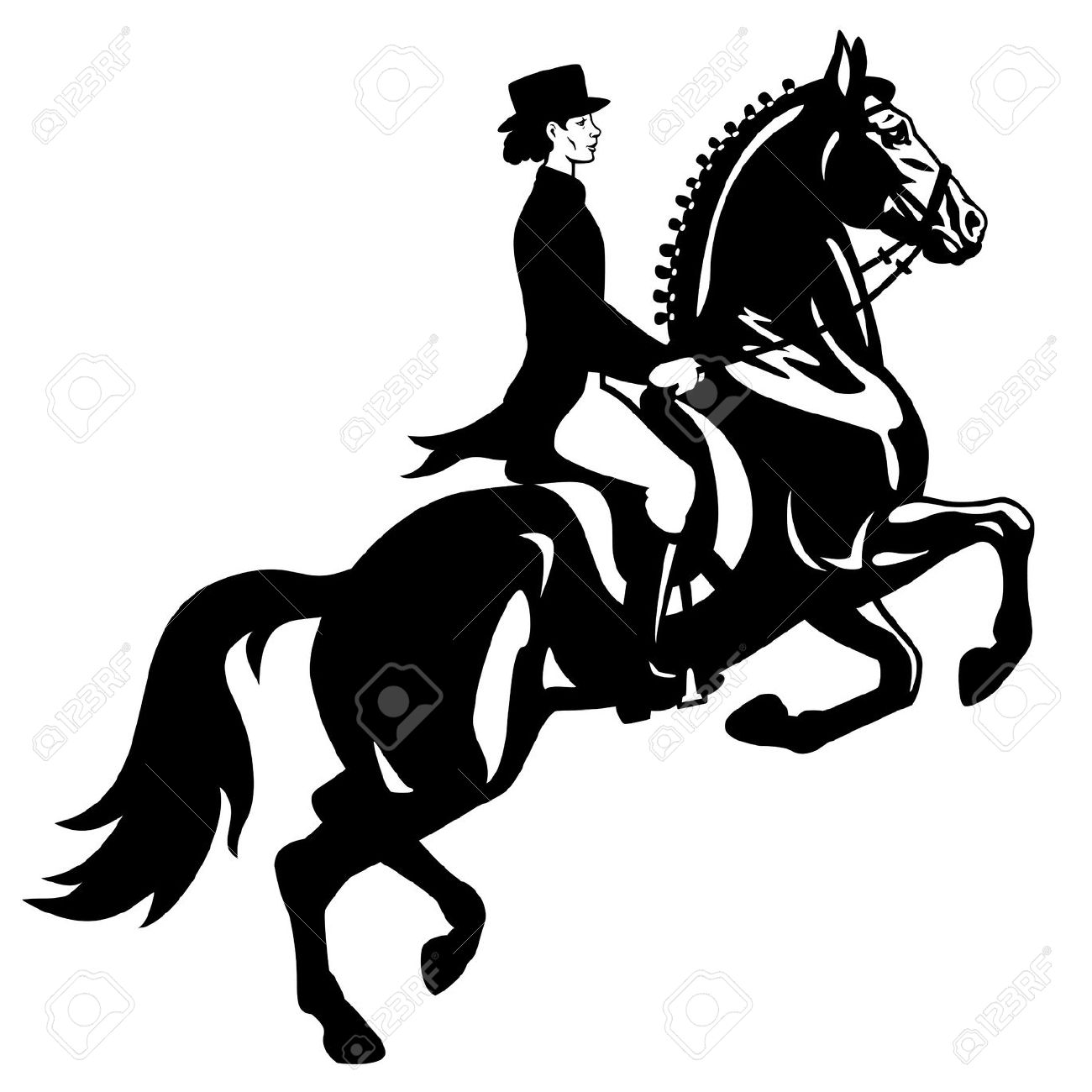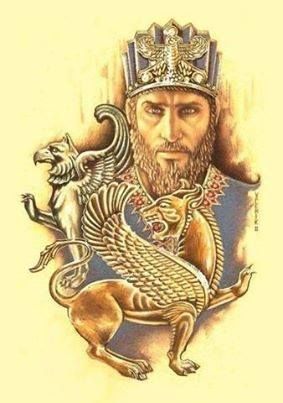Mini Sheet: 800th Anniv. of the reign of Kulin ban (Governor) (Bosnia and Herzegovina 2004)
800th Anniv. of the reign of Kulin ban (Governor) (Bosnia and Herzegovina 2004)
26 January (Bosnia and Herzegovina ) within release Anniversaries and Events 2004 goes into circulation Mini Sheet 800th Anniv. of the reign of Kulin ban (Governor) face value 10*0.50 Bosnia and Herzegovina convertible mark
| Mini Sheet 800th Anniv. of the reign of Kulin ban (Governor) in catalogues | |
|---|---|
| Michel: | Mi: BA 322KB |
Mini Sheet is square format.
Mini Sheet 800th Anniv. of the reign of Kulin ban (Governor) it reflects the thematic directions:
An anniversary is the date on which an event took place or an institution was founded in a previous year, and may also refer to the commemoration or celebration of that event. For example, the first event is the initial occurrence or, if planned, the inaugural of the event. One year later would be the first anniversary of that event. The word was first used for Catholic feasts to commemorate saints. Most countries celebrate national anniversaries, typically called national days. These could be the date of independence of the nation or the adoption of a new constitution or form of government. The important dates in a sitting monarch's reign may also be commemorated, an event often referred to as a "Jubilee".
Stemming from military practices and a long tradition of teaching by equestrians such as La Guérinière and François Baucher, traditional French equestrianism is essentially represented at the Cadre Noir de Saumur. The practice of equestrianism has evolved towards sport and leisure, opening up to the general public. At the end of the 20th century, the sport became much more democratic, with a sharp rise in the number of riders, particularly young people and women. The teaching of equestrianism as a leisure sport in France is based on the existence of over 8,000 riding schools, which make trained horses available to the public. Their establishment is supported by the French government thanks to a reduced VAT rate from 2004 to 2013. At the end of 2013, riders and industry professionals protested against the increase in VAT on their activity.
The horse (Equus ferus caballus) is one of two extant subspecies of Equus ferus. It is an odd-toed ungulate mammal belonging to the taxonomic family Equidae. The horse has evolved over the past 45 to 55 million years from a small multi-toed creature, Eohippus, into the large, single-toed animal of today. Humans began to domesticate horses around 4000 BC, and their domestication is believed to have been widespread by 3000 BC. Horses in the subspecies caballus are domesticated, although some domesticated populations live in the wild as feral horses. These feral populations are not true wild horses, as this term is used to describe horses that have never been domesticated, such as the endangered Przewalski's horse, a separate subspecies, and the only remaining true wild horse. There is an extensive, specialized vocabulary used to describe equine-related concepts, covering everything from anatomy to life stages, size, colors, markings, breeds, locomotion, and behavior.
King is the title given to a male monarch in a variety of contexts. The female equivalent is queen regnant (while the title of queen on its own usually refers to the consort of a king). In the context of prehistory, antiquity and contemporary indigenous peoples, the title may refer to tribal kingship. Germanic kingship is cognate with Indo-European traditions of tribal rulership (c.f. Indic rājan, Gothic reiks, and Old Irish rí, etc.) In the context of classical antiquity, king may translate Latin rex or either Greek archon or basileus. In classical European feudalism, the title of king as the ruler of a kingdom is understood as the highest rank in the feudal order, potentially subject, at least nominally, only to an emperor (harking back to the client kings of the Roman Empire). In a modern context, the title may refer to the ruler of one of a number of modern monarchies (either absolute or constitutional). The title of king is used alongside other titles for monarchs, in the West prince, emperor, archduke, duke or grand duke, in the Middle East sultan or emir; etc. Kings, like other royalty, tend to wear purple because purple was an expensive color to wear in the past.




